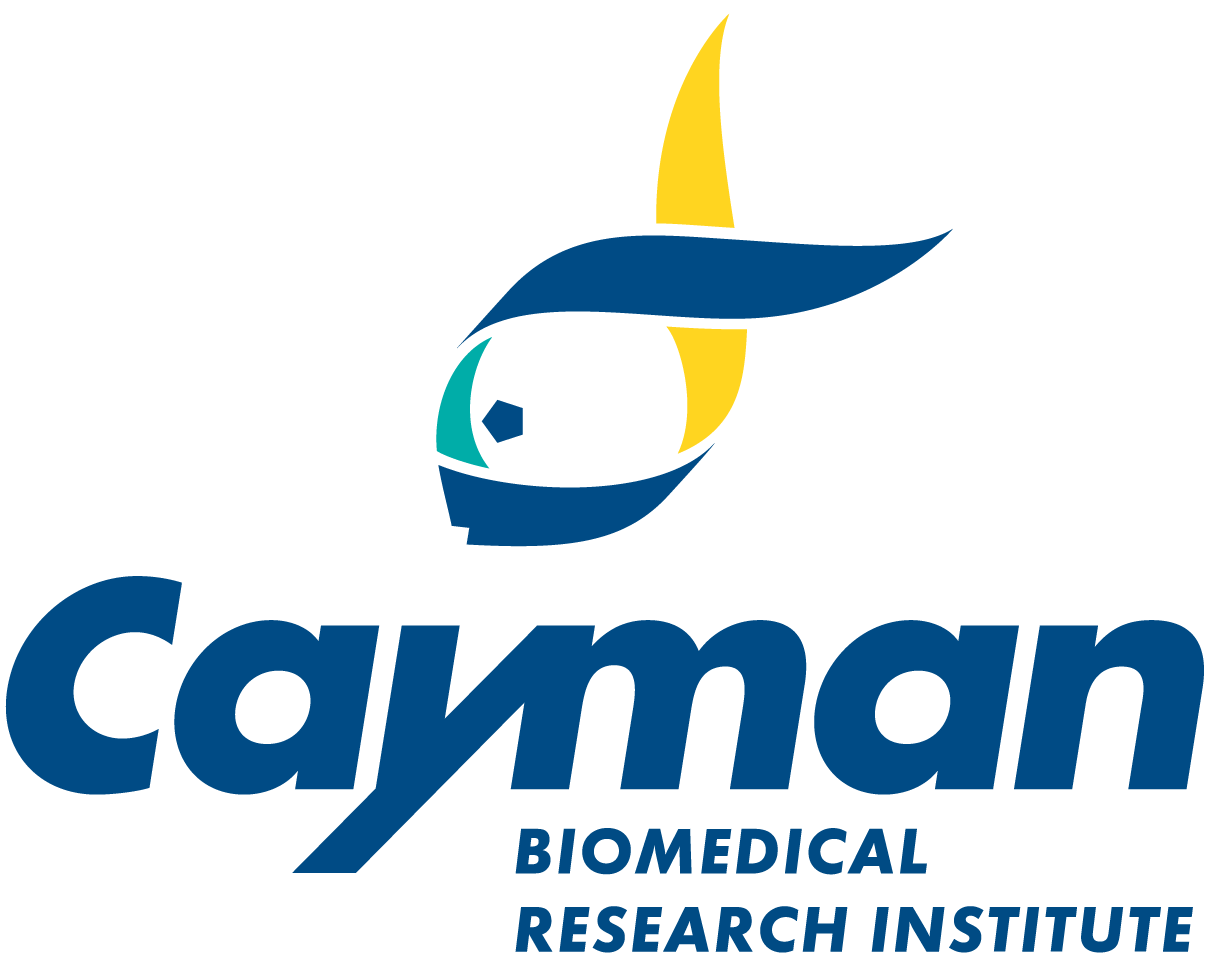Rare
Conditions
ORPHAN DISEASES
CABRI supports research on the rare illnesses and orphan diseases that are often neglected by the corporate pharmaceutical industry and actively pursues new developments that will treat these diseases. An orphan disease is defined as a condition that affects fewer than 200,000 people nationwide. While many companies are unwilling to invest the necessary funding and resources to identify medicines for less common illnesses, CABRI works at all levels to find treatment options.
SNUC CANCER RESEARCH
Since our founding, our organization has been dedicated to the research of the extremely rare cancer, SNUC so that we can understand its basic biochemistry and driver mutation profile. This highly aggressive neoplasm arises in the nasal cavity and fewer than 400 patients have ever been diagnosed. Our team has examined this disease in depth with the goal of discovering a revolutionary treatment option that is more effective than the traditional cancer treatments that have failed SNUC patients in the past.
In addition to researching SNUC, CABRI searches for treatment options for other rare illnesses. We work to develop ceramide compounds as effective treatments for Type 5 lamellar Ichthyosis, and we are working to develop inhibitors of PGDSynthase as treatments for mastocytosis, a clonal over-proliferation of the immune cells known as mast cells.
With advancements in genomic medicine, the landscape of known rare diseases will only expand over time. Hundreds of new diseases are being discovered, but they do not receive the necessary attention and resources that will benefit affected individuals. CABRI seeks to end these rare illnesses and give hope to patients and their families. We also are willing to take on the cGMP synthesis and work towards FDA approval of the drugs needed to treat these newly diagnosed conditions.
DONATE SNUC TISSUE
Urgently Needed: Additional SNUC tumor biopsy samples
In order to draw meaningful conclusions, we need to sequence SNUC tumor samples from as many different patients as possible. It does not matter whether the cancer has been treated, but it is very helpful to have the tissue frozen immediately on collection. Anyone who is a recently diagnosed SNUC patient or a friend or relative of one, please contact us at admin@cabrimed.org or via the form below.
In addition to this sequencing initiative, experience from many other cancer fields reminds us of the critical value of stable, tumor-specific cell lines. Although unsuccessful in the past, we have renewed our efforts to culture SNUC tumor cells using newer methods that were not tried in the past. A stable tumor cell line is invaluable as a laboratory model for the testing and screening of cancer therapies, weather they are novel ones being tried for the first time or existing chemotherapies being evaluated for efficacy against SNUC.
